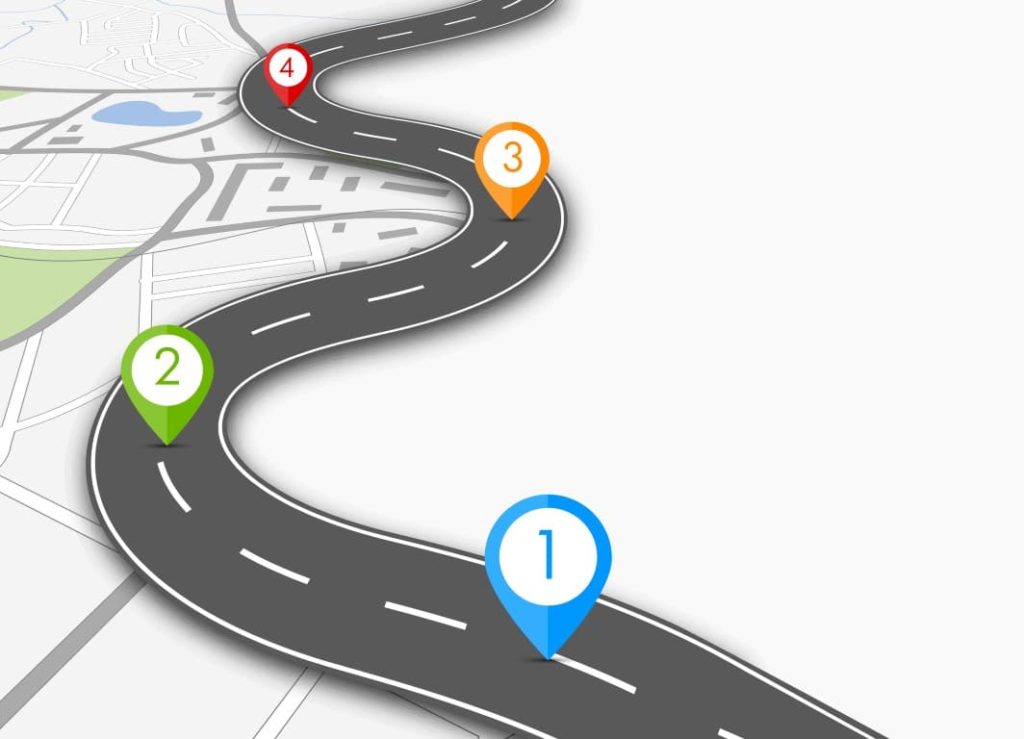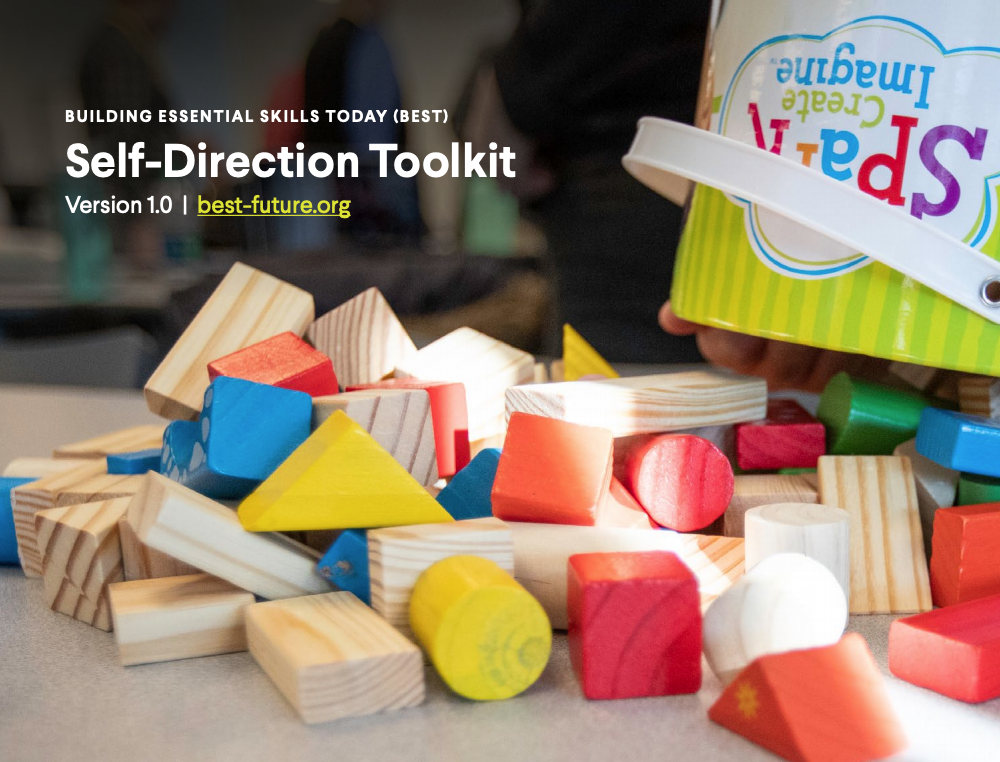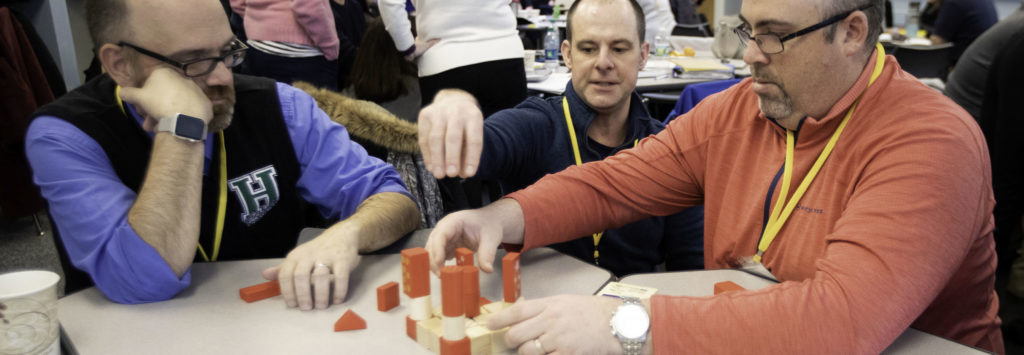Student and Teacher Agency in Action: the Self-Direction Toolkit Development Process
Researchers tell us, and employers confirm that individuals who demonstrate the 21st-century skills of self-direction, communication, creativity and collaboration excel in post-secondary and career experiences. So the more schools can support the development of those crucial skills, the more we’ll be ensuring our graduates are successful in both the workplace and college. Figuring out how…
Read more







